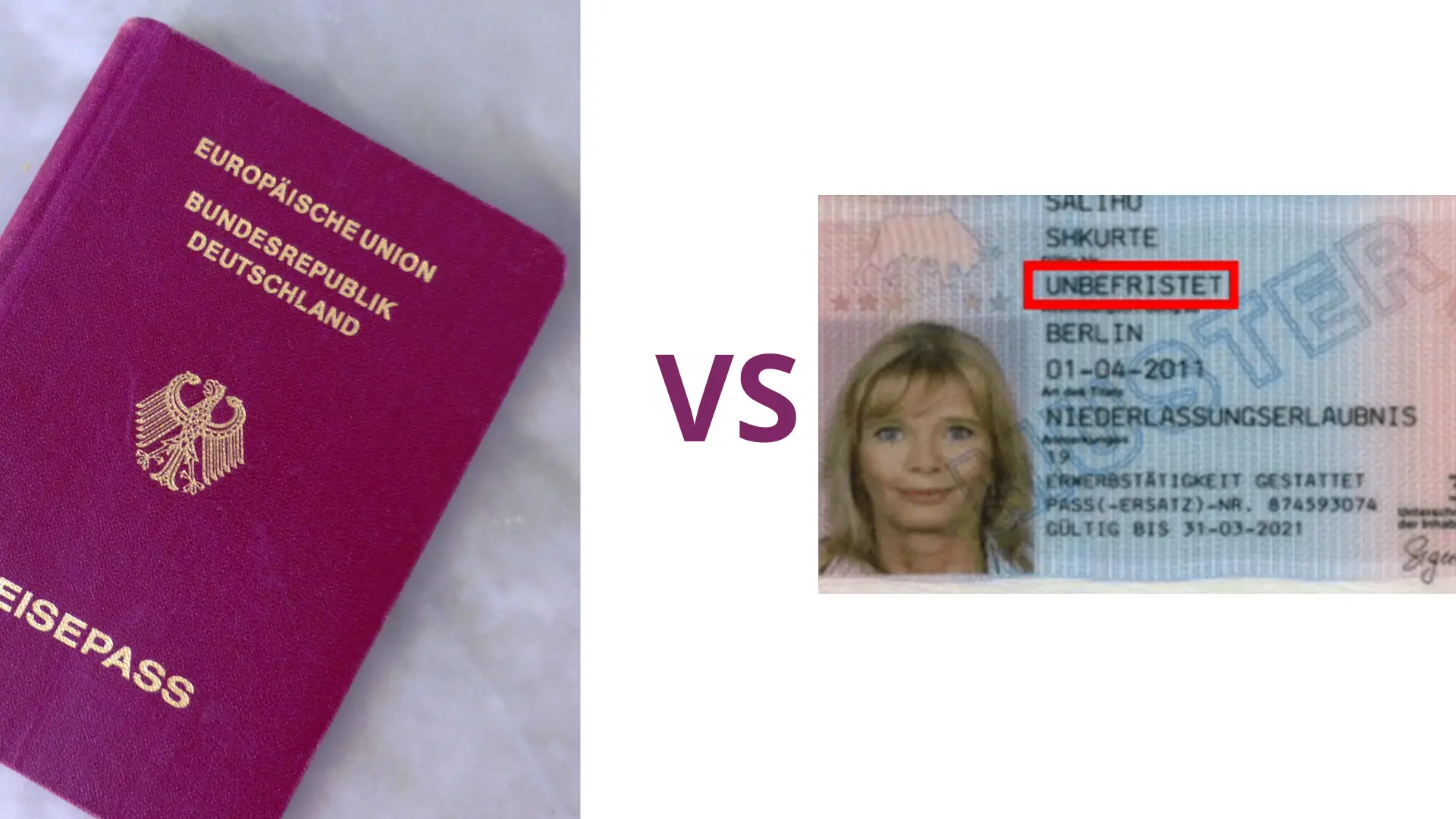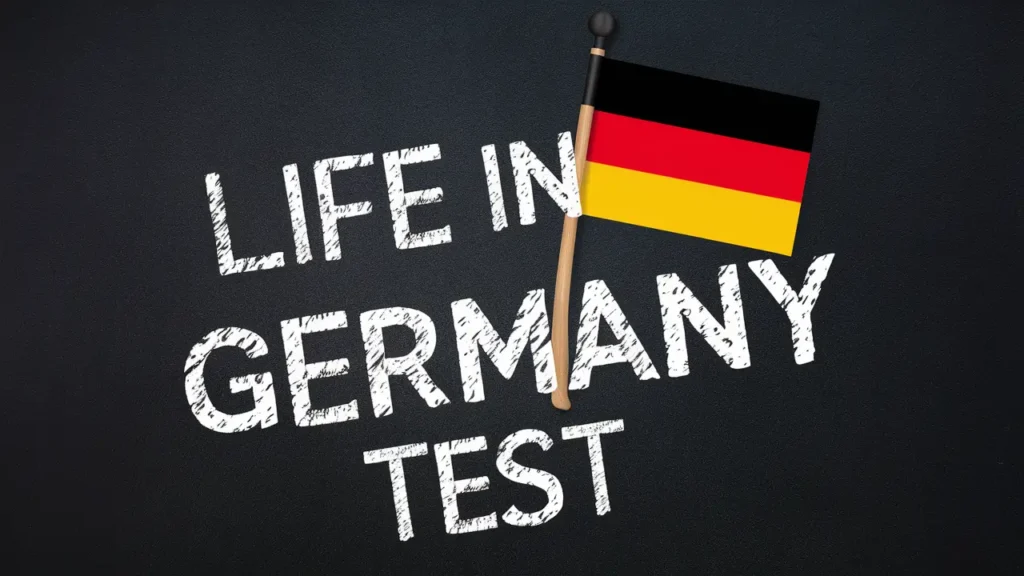Germany, with its strong economy and high standard of living, attracts many expatriates looking to build a life in Europe. For those considering a long-term stay in Germany, two options often come to mind: obtaining permanent residency or acquiring German citizenship. While both provide stability and rights, there are significant differences between the two. This article will explore the key distinctions, benefits, and requirements for each status.
Before diving into the details, let’s take a quick look at the main differences:
| Aspect | Permanent Residency | Citizenship |
|---|---|---|
| Voting Rights | No | Yes |
| Passport | No German passport | German passport |
| EU Freedom of Movement | Limited | Full |
| Duration | Indefinite, but can be revoked | Lifelong |
| Dual Citizenship | N/A | Limited possibilities |
Permanent Residency
Permanent residency, also known as a settlement permit (Niederlassungserlaubnis), allows a non-EU citizen to live and work in Germany indefinitely.
Benefits
- Unrestricted work permit
- Access to social benefits
- No need for visa renewals
- Can leave Germany for up to 6 months without losing status
Requirements
- 5 years of temporary residency (with exceptions)
- Sufficient German language skills (B1 level)
- Financial stability
- Basic knowledge of German society and legal system
- Adequate living space
German Naturalization
The German citizenship offers the fullest range of rights and privileges in Germany.
Benefits
- All benefits of permanent residency
- Right to vote in all elections
- German passport and unrestricted EU freedom of movement
- Consular protection abroad
- Ability to run for public office
Requirements
- 5 years of legal residency (can be reduced to 3 years in certain cases with the new German Citizenship law)
- B1 or higher German language proficiency
- Pass the German naturalisation test
- Financial independence
- No serious criminal record
- Renunciation of previous citizenship (with some exceptions)
Comparison of Rights
To better illustrate the differences in rights, let’s look at a visual representation:
As we can see, citizenship includes all the rights of permanent residency, plus additional privileges such as voting rights, unrestricted EU freedom of movement, and a German passport.
Making the Choice: German Citizenship vs. Permanent Residency
Deciding between permanent residency and citizenship depends on various factors:
- Long-term plans: If you’re certain about staying in Germany indefinitely, citizenship might be the better option.
- Original citizenship: Some countries don’t allow dual citizenship, which might influence your decision.
- Political engagement: If you want to participate fully in German democracy, citizenship is necessary.
- Travel convenience: A German passport provides visa-free or visa-on-arrival access to numerous countries.
- EU mobility: Citizenship offers unrestricted movement within the EU for work and residence.
Both permanent residency and citizenship offer stability and rights in Germany, but citizenship provides a more comprehensive set of privileges. The choice between the two depends on individual circumstances, long-term goals, and personal preferences. Whichever path you choose, both options represent significant milestones in establishing a life in Germany.
Remember to consult with legal experts or official government sources for the most up-to-date information, as immigration laws and requirements can change over time.





